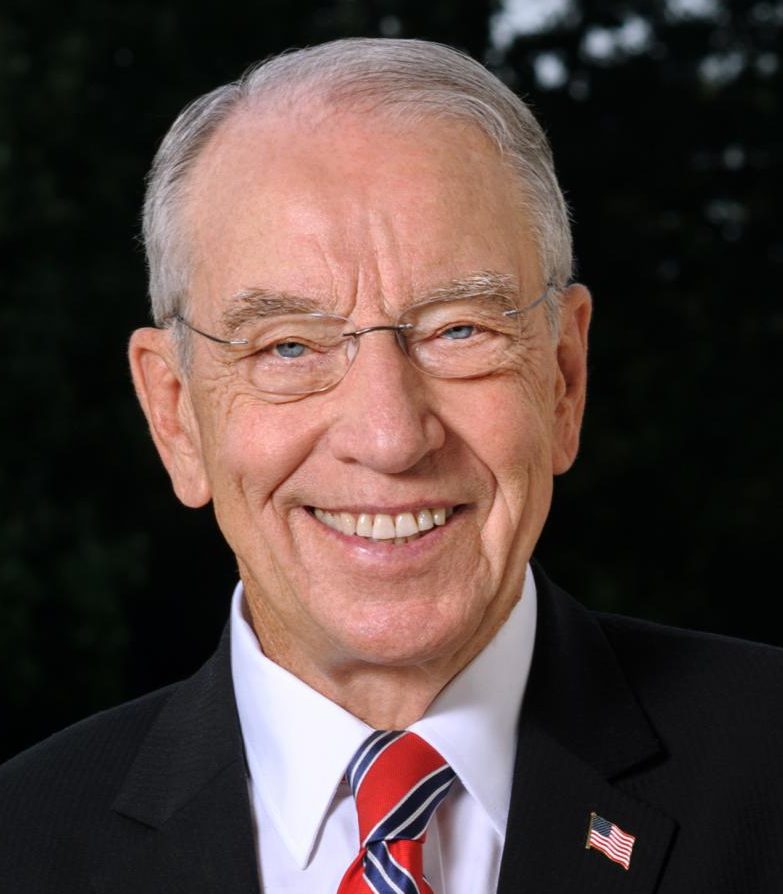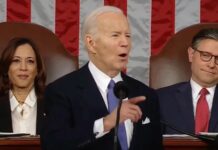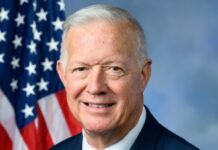Q: What’s your take-away on the 2020 farm economy?
A: Between the historic derecho and once-a-century pandemic, 2020 has served up unprecedented challenges for farm families across the state. Disruptions to the food supply chain delivered a reality check to Americans, reminding consumers that food does not grow in the grocery store. It also dealt a blow to pork producers and poultry growers who were forced to euthanize or donate herds and flocks when processors were shut down to protect their workforce from the coronavirus. I co-sponsored the RELIEF Act with Sen. Joni Ernst to ensure Iowa producers were eligible for indemnity relief to help keep their operations afloat and survive the crisis. Midwestern cattle producers were hung out to dry when the cash market bottomed out earlier this year. Meatpackers, who control 80 percent of the cattle market, put the brakes on cash trades, creating a historic gap between a producer’s price and a packer’s price. It reached a whopping 1,500 percent spread. This disparity doesn’t add up. Market consolidation harms independent producers who get the short end of the stick; and, sticks it to consumers who pay more for delicious burgers and steaks, nutrient-rich proteins they depend on to feed their families. This year, I’ve renewed my efforts to beef up antitrust enforcement and restore competition in the cattle market. In May, I introduced legislation that would require packers to buy at least half of their livestock through negotiated cash sales and will continue building consensus with lawmakers to steer this reform through Congress.
In the meantime, Iowa producers who are still facing financial hardship due to market disruptions from the pandemic should check with their local Farm Service Agency (FSA). The deadline for the second round of assistance from the Coronavirus Food Assistance Program (CFAP) is Dec. 11, 2020. Applications require producers to document sales, inventory and other records for county committees to determine eligibility. Farmers should reach out to their local FSA office with questions. Note producers who participated in CFAP1 are not automatically enrolled in CFAP2.
Q: What else is on your radar at the USDA?
A: As a lifelong family farmer, I’m an outspoken advocate on behalf of Rural America and work hard to ensure farm families have a voice at the policymaking tables. Through regulation or legislation, policy changes affecting health care, taxes, trade, infrastructure, energy and the environment directly impact the livelihoods and way of life for rural Americans. In 2020, the USDA had an extraordinary workload to manage $24.5 billion in pandemic relief to address food insecurity for lower-income families and deliver financial lifelines to the nation’s food producers.
For years, I’ve worked to strengthen the farm safety net to ensure the United States has a safe, stable and secure food supply. Taxpayers and non-farm state lawmakers may stop supporting a federal farm safety net altogether if spending programs aren’t held accountable. I’m working as hard as ever to enforce compliance with farm payment limits. A recently released audit conducted at my request by the Government Accountability Office (GAO) shows that despite some progress, producers continue to take unfair advantage of the farm safety net. Specifically, Southern growers are exploiting joint-venture and general partnership arrangements to milk the U.S. Treasury like a cash cow. The GAO report found 19 of the top 20 farms that received payments in 2016 and 2017 are located in the South. Although I’m glad to see my efforts to protect the integrity of farm payments is moving in the right direction, it’s also clear compliance requires constant vigilance and robust attention. Enforcement is the responsibility of local Farm Service Agency offices. The GAO says the USDA isn’t routinely reviewing FSA operations to ensure compliance meets the “actively engaged” standards to qualify for payments. Monitoring and tracking this data is vital to protect taxpayer dollars and keep intact support for the nation’s farm safety net. Farmers who work every waking hour to make sure Americans have food on the table ought to qualify for help when natural disasters or unforeseeable events put their operations and the nation’s food supply at risk. However, long-lost relatives — who’ve never lifted a finger on the farm, or had a grain of harvest dust invade their eye and take up residence in their nasal cavity — should not get away with collecting farm payments. I’ll continue working with the USDA to implement changes to FSA operations to fix what’s broken. What’s more, I’m deeply concerned about its recent proposal to roll back rules that put teeth in the definition of “actively engaged in farming.” Make no mistake, I’ll continue riding herd on the USDA and building support for common sense payment limit reforms in the next farm bill.
















